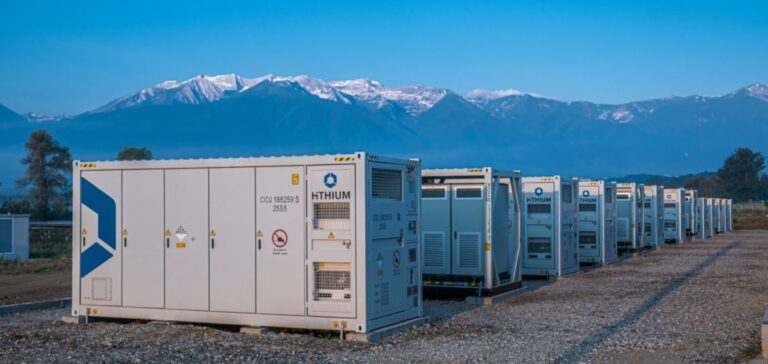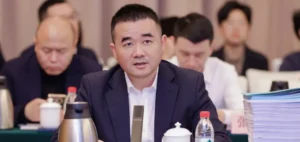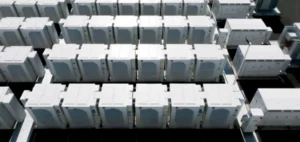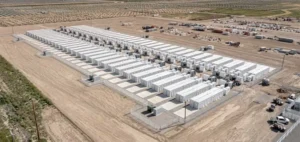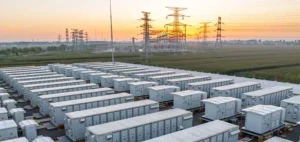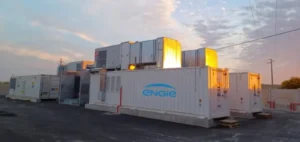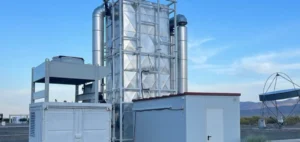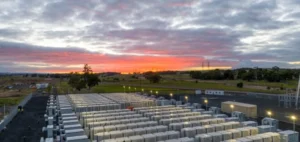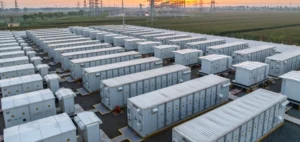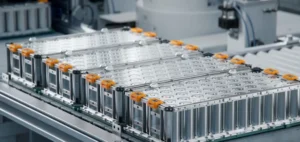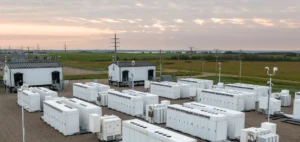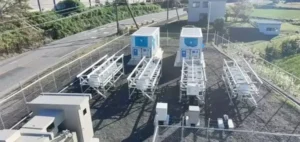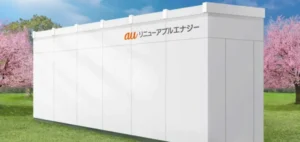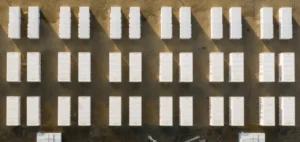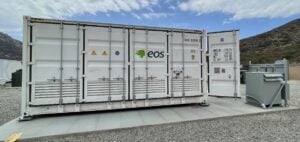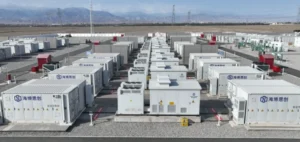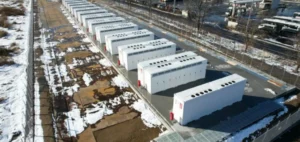The battery industry is undergoing a major transformation, marked by rapid demand growth and a continuous decline in prices. In 2024, global battery demand reached a record with over 1 terawatt-hour (TWh) used for electric vehicle (EV) production. At the same time, battery pack prices fell below USD 100 per kilowatt-hour, a crucial threshold for competing with thermal vehicles on cost. This decline is largely driven by reduced raw material prices, particularly lithium, which has fallen by more than 85% since 2022.
In 2024, global battery production capacity reached 3 TWh, and announced projects could triple this capacity within five years. This rapid expansion highlights the entry of the battery industry into a new phase, where economies of scale, manufacturing efficiency, and speed of innovation adoption are becoming key factors for competitiveness.
china’s dominance in the global market
China remains the leading producer of batteries, accounting for over three-quarters of global production. In 2024, battery prices there fell more quickly than anywhere else, dropping by nearly 30%, allowing many Chinese electric vehicles to become more competitive compared to their thermal counterparts. Several factors explain this competitiveness: substantial expertise gained through concentrated production, full supply chain integration, and a cost-reduction policy through optimized manufacturing processes.
Chinese companies such as CATL and BYD have rapidly scaled up by streamlining production and benefiting from below-market prices for essential minerals. Their focus on lithium iron phosphate (LFP) battery technology, which is less expensive, has allowed China to capture nearly half of the global electric vehicle market, up from 15% five years ago. This battery chemistry, 30% cheaper than lithium nickel cobalt manganese (NCM) batteries, remains competitive in terms of electric vehicle range.
challenges for europe and the united states
Europe faces significant challenges in catching up to China. Production costs are about 50% higher than in China, and the supply chain remains fragile, with a heavy reliance on imports. The bankruptcy of Northvolt, one of Europe’s largest producers, highlights the difficulties of adopting viable large-scale production models. European companies, although active in LFP battery production, must intensify efforts to overcome this cost gap.
The U.S. industry has seen its battery production capacity double since 2022 thanks to federal tax incentives, reaching 200 GWh in 2024. However, the U.S. continues to rely on imports for certain key components, leaving its supply chain vulnerable to fluctuations in the global market. The growth of stationary battery applications, particularly in the energy sector, may offer an additional opportunity to diversify demand.
global expansion and new production hubs
Regions such as Southeast Asia and Morocco are also emerging as strategic centres for battery production. Indonesia, with its massive nickel reserves, has attracted significant investments to establish electric battery production plants. Likewise, Morocco, rich in phosphate, a key mineral for LFP batteries, benefits from partnerships with European and U.S. companies to develop its production sector.
Southeast Asia, backed by Chinese investments, could become a technological hub for batteries and their components, enabling rapid technology transfer. Investment initiatives, which reached over USD 15 billion in 2022, aim to reduce dependence on traditional markets and enhance the competitiveness of new installations.


